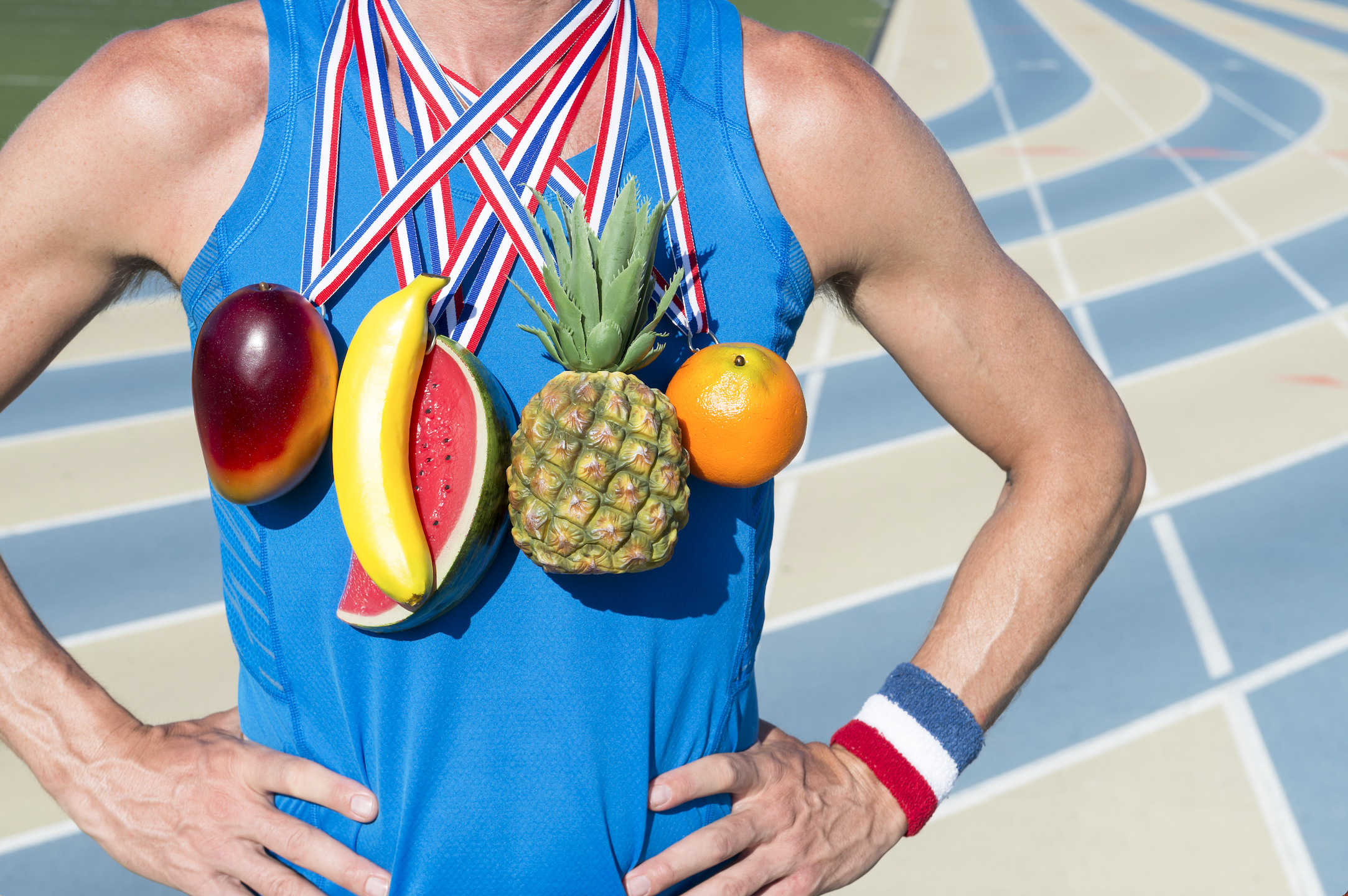

Diet and Sport Psychology
The CNP Diet and Sport Psychology Research Category consolidates research exploring the interconnected relationship between diet and sport psychology. Patricia Hubbard is CNP’s Diet and Athletic Performance contributor and is the lead developer of this research category. To view each original study on the open internet, click “Original.” To view the CNP-written abstract summary, click “CNP Summary.” While only some of the CNP-written abstract summaries are available below for free, all abstract summaries are available to CNP members through the CNP Library Membership.
FEATURED CNP RESEARCH SUMMARY
Reduction in the choking phenomenon in elite diving athletes through changes in gut microbiota induced by yogurt containing Bifidobacterium animalis subsp. lactis BB-12: A quasi experimental study
This 2020 study tries to better understand the choking phenomenon, which is described as the serious decline in skilled technical movements experienced because of high perceived pressure. In the first experiment, 20 diving athletes were tested in low- and high-pressure situations. One of the objectives was to gather data on the relationship between the gut microbiota and the choking phenomenon among diving athletes. The gut microbiota composition of those who “choked” were compared to that of athletes who did not “choke” and performed under pressure. The second aim of this study was to determine if the choking phenomenon is affected by regulation of the gut microbiota via drinking yogurt. Ten divers consumed higher amounts of yogurt per day while the remaining 6 divers ate lower amounts of yogurt every day. The results indicated that “chokers” tended to have significantly more Veillonellaceae in their guts, compared to “non-chokers”. Choking was also negatively associated with the population sizes of Bifidobacteriaceae and Lactobacillaceae in the gut. Also, the abundance of Bifidobacteriaceae was significantly higher in the high yogurt group than in the low yogurt group. It was also found that the high yogurt group was less likely to “choke” than the low yogurt group. The study uncovered that the gut microbiota may influence the choking phenomenon in elite diving athletes. The consumption of the yogurt containing B. animalis subsp. Lactis can improve the athletes’ ability to perform under pressure.
2022
The impact of dieting culture is different between sexes in endurance athletes: A cross-sectional analysis
CNP Research Summary can be found in the CNP Library Membership
2018
Quality of life of female and male vegetarian and vegan endurance runners compared to omnivores - results from the NURMI study (step 2)
2021
Cultural and environmental associations with body image, diet and well-being in NCAA DI female distance runners: A qualitative analysis
2021
Diet quality and mental health status among division 1 female collegiate athletes during the COVID-19 pandemic
CNP Research Summary can be found in the CNP Library Membership
2021
Good food, good mood: Perspectives on the relationship between nutrition and mental health with division I collegiate athletic programs
2021
Nutritional interventions to improve sleep in team-sport athletes: A narrative review
2019
Effect of the intake of high or low glycemic index high carbohydrate-meals on athletes’ sleep quality in pre-game nights
CNP Research Summary can be found in the CNP Library Membership
2019
Sense of generalized self-efficacy and the nutritional behavior of district-level football referees
2016
Impact of Ramadan intermittent fasting on cognitive function in trained cyclists: A pilot study
2021
Differential health effects on inflammatory, immunological and stress parameters in professional soccer players and sedentary individuals after consuming a synbiotic. A triple-blinded, randomized, placebo-controlled pilot study
CNP Research Summary can be found in the CNP Library Membership
2020
Weight control practices, beliefs, self-efficacy, and eating behaviors in college weight class athletes
2020
The influence of the trainer’s social behaviors on the resilience, anxiety, stress, depression and eating habits of athletes
CNP Research Summary can be found in the CNP Library Membership
2020
Reduction in the choking phenomenon in elite diving athletes through changes in gut microbiota induced by yogurt containing Bifidobacterium animalis subsp. lactis BB-12: A quasi experimental study
2018
Quality of life of female and male vegetarian and vegan endurance runners compared to omnivores – results from the NURMI study (step 2)
2016
Prevalence of disordered eating and Its association with emotion regulation in female college athletes
CNP Research Summary can be found in the CNP Library Membership
2019
Phytochemicals for improving aspects of cognitive function and psychological state potentially relevant to sports performance
2013
Nutritional evaluation of junior football players depending on the global level of self efficacy of the athletes
CNP Research Summary can be found in the CNP Library Membership
2016
Exercise-induced stress behavior, gut microbiota-brain axis and diet: A systematic review for athletes
2021
Effects of probiotics on anxiety, stress, mood and fitness of badminton players
CNP Research Summary can be found in the CNP Library Membership
2018
Effects of probiotic (bifidobacterium longum 35624) supplementation on exercise performance, immune modulation, and cognitive outlook in division I female swimmers
2020
Effects of daily probiotics supplementation on anxiety induced physiological parameters among competitive football players
CNP Research Summary can be found in the CNP Library Membership
2017
Effect of satiety on body composition and anxiety in university athletes: Cohort study
2019
Effect of probiotic supplementation on oxidative stress enzymes and mental health of athletes
2014
Diet and exercise orthogonally alter the gut microbiome and reveal independent associations with anxiety and cognition
2016
Association between general self-efficacy level and use of dietary supplements in the group of American football players
2018
Mediterranean diet and motivation in sport: A comparative study between university students from Spain and Romania
